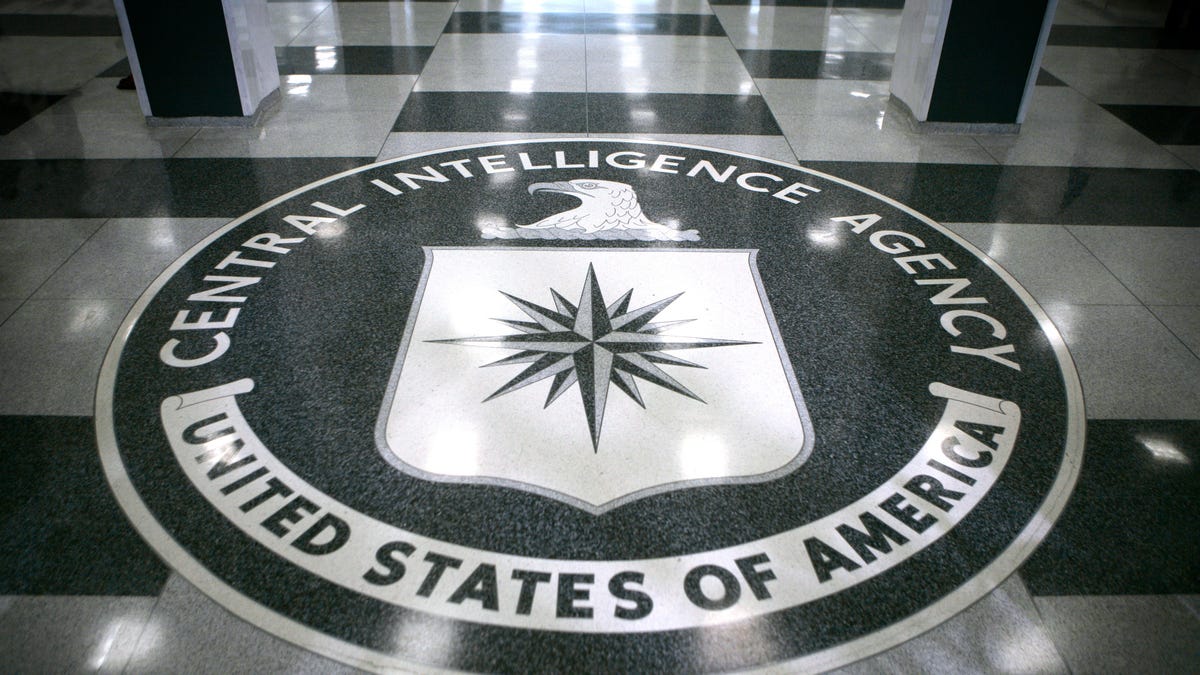CIA says foreign AI is tracking its spies
AI systems are now more likely to snoop on agents than their human counterparts.

Spies are just like the rest of us: Robots are gunning for their jobs too. According to a CNN report, today's CIA agents are more likely to be tracked electronically than tailed by real people. Worse, this surveillance is constant, since machines can work around the clock.
And the threat of cyberspies is far from science fiction. A followup report by The Next Web asserts that the CIA has been exploring AI for decades. Apparently the agency flagged the potential usefulness of automated, electronic spy craft carried out by computers in the early 1980s.
Add to that new algorithms for sifting through the countless digital breadcrumbs humans tend to drop everywhere. That makes innocent gadgets like fitness trackers, GPS navigators, public CCTV cameras and smartphones potential spy tools.
The CIA is addressing this challenge. Dawn Meyerriecks, deputy director of the CIA's science and technology division, told CNN the CIA has close to 140 current AI projects. She described one that combines public images from Google Street View with known locations of municipal CCTV cameras, helping human operatives to elude detection in cities around the world.
The CIA did not immediately respond to a request for further comment.

